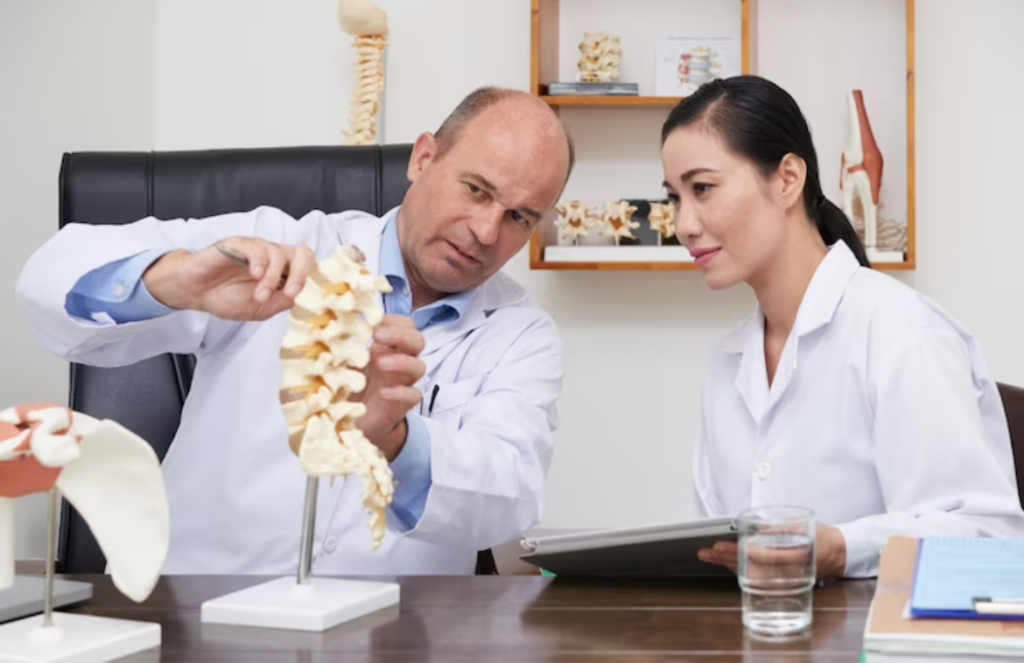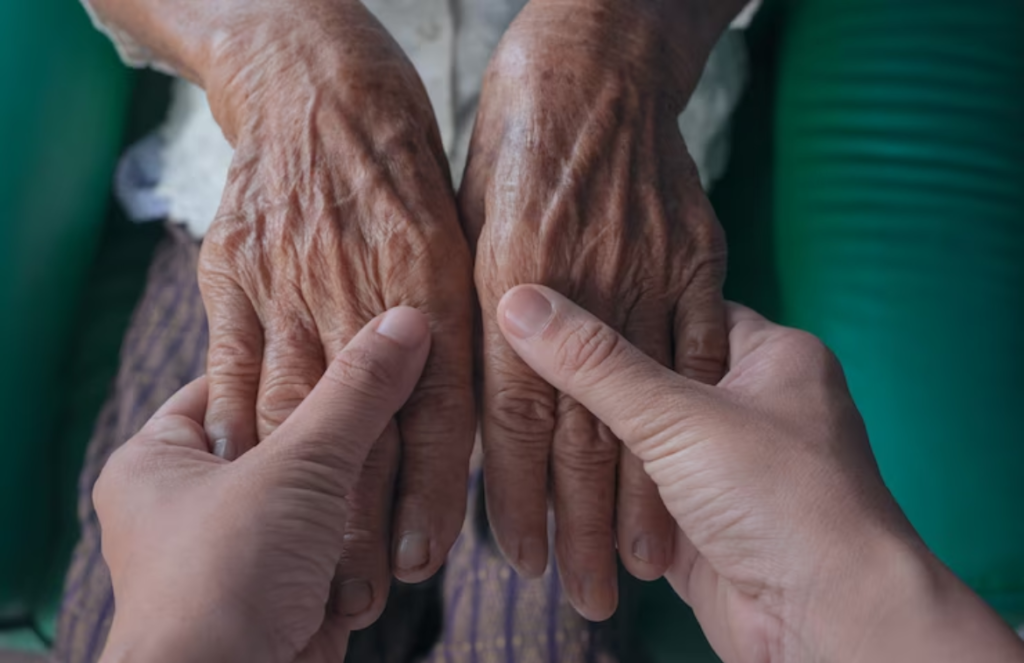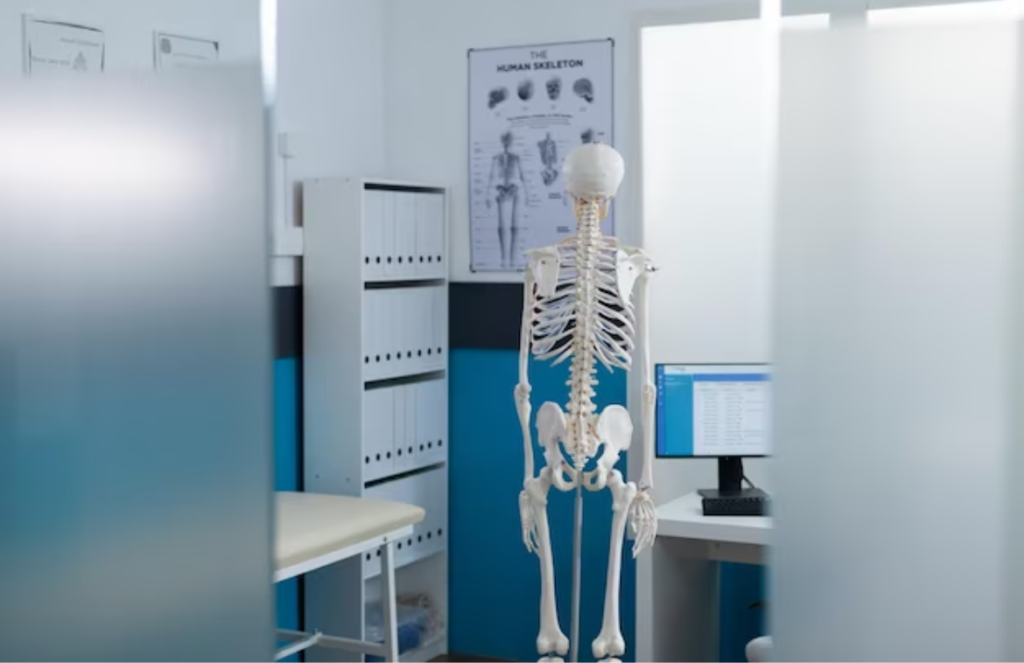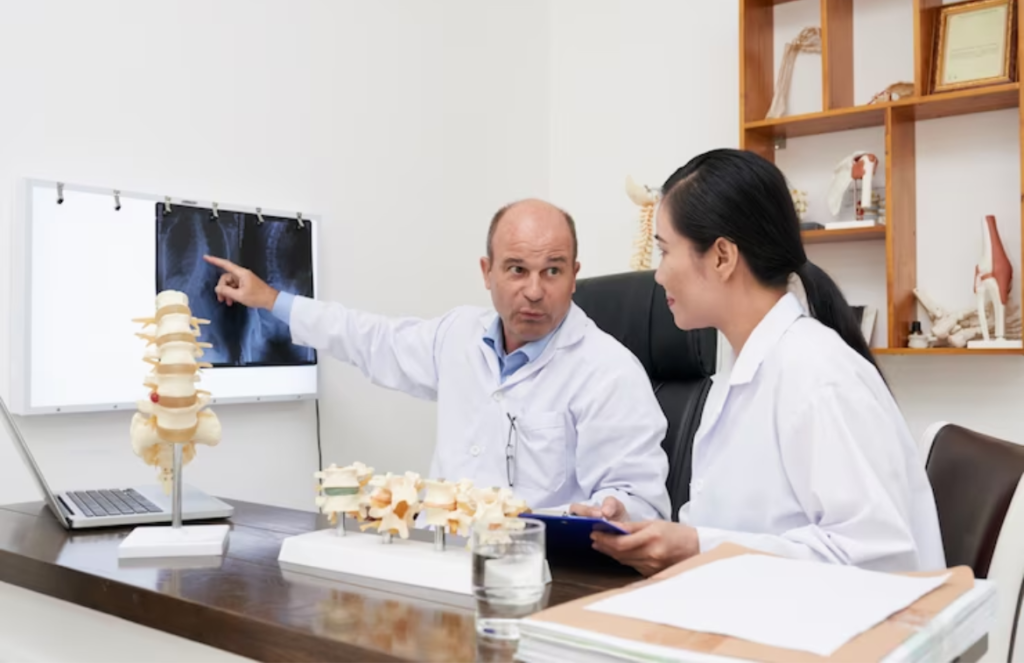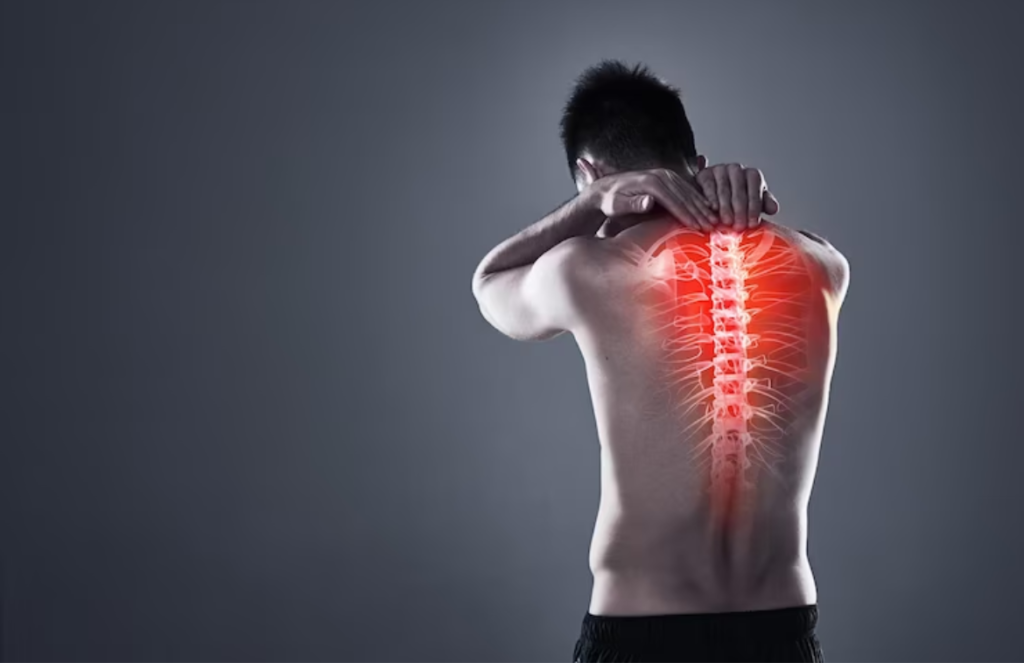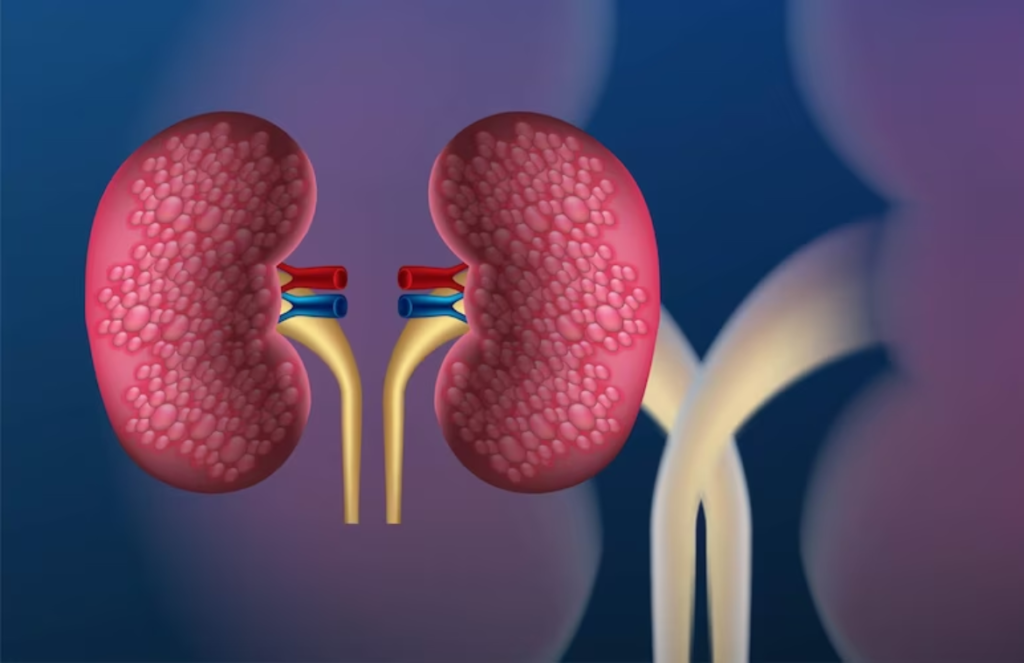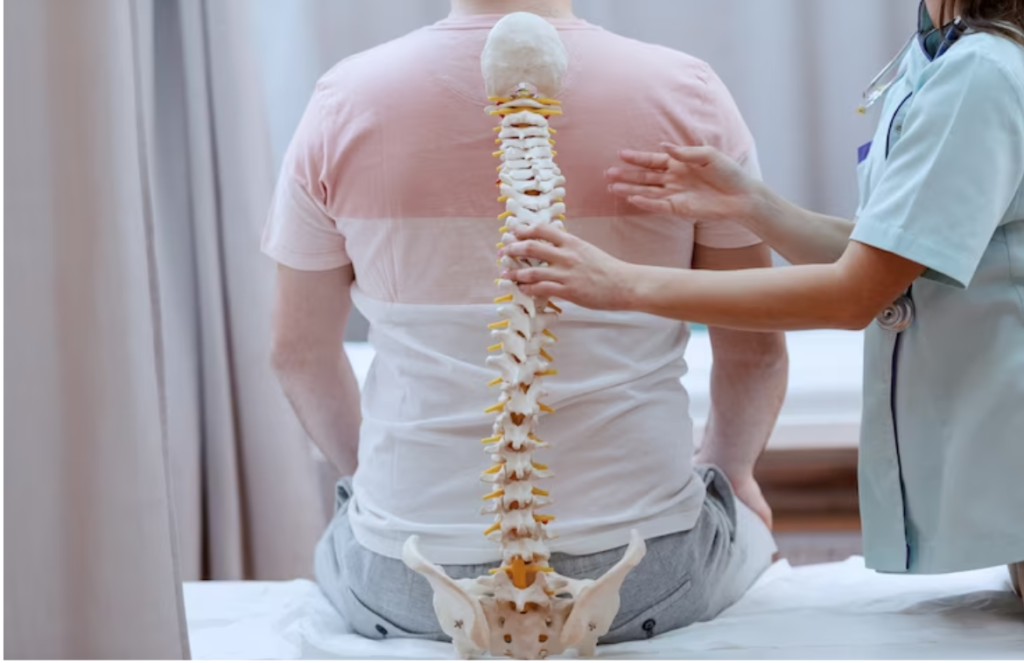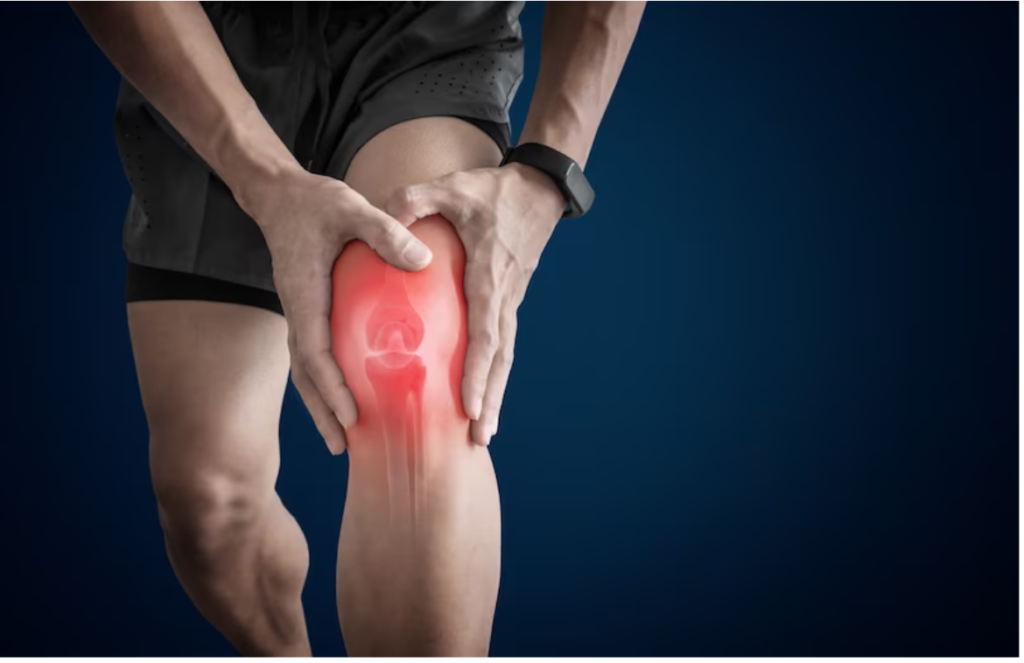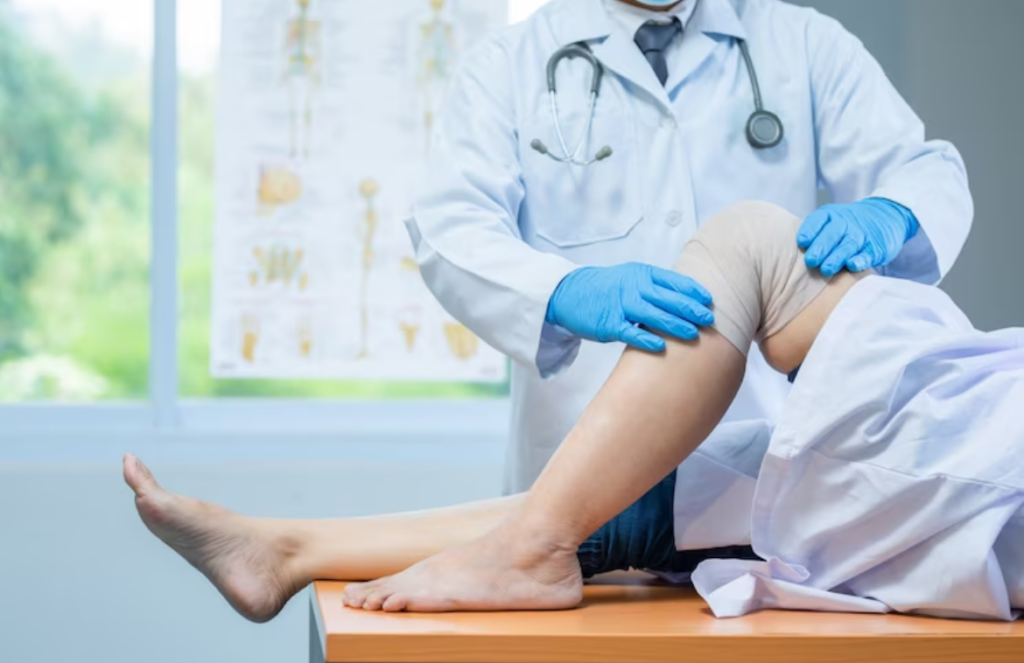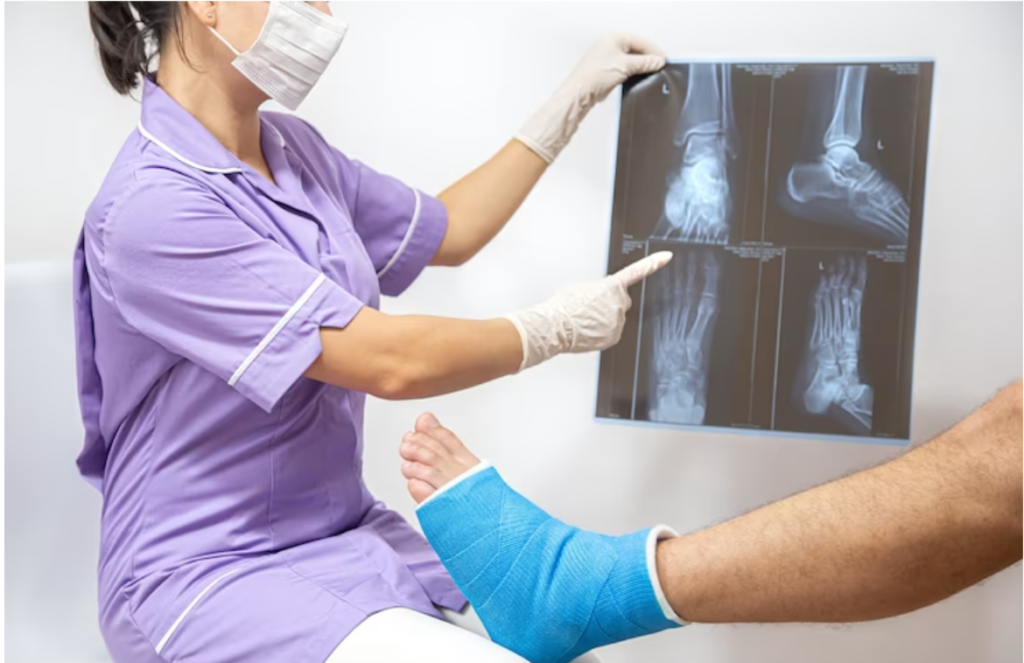Rheumatoid arthritis treatments provide much relief from pain. Rheumatoid arthritis is taken care of by various medical therapies like occupational therapy etc.
Doctors recommend a combination of medications, physical therapy, and lifestyle changes to help manage RA. At times, surgery as well as other treatments might be required.
Early diagnosis, regular medications, and also healthy lifestyle modifications can indeed help manage and also reduce the severe symptoms. Rheumatoid arthritis treatments require proper diagnosis.
Though there are of course medical treatments to help manage RA symptoms, people with RA can also benefit from adopting lifestyle changes to help manage their condition. Stress is indeed a trigger for several chronic diseases.
Rheumatoid arthritis (RA) happens to be an autoimmune disease that does cause pain as well as inflammation in one’s joints. The condition is chronic and there is rather no cure. Off late, new treatment options are providing a much better quality of life for people living with RA.
Rheumatoid arthritis treatments
Treatment for the condition is comprehensive and focuses on:
- Stopping the progression of the disease
- Reducing daily pain
- Avoiding joint damage
- Helping the person to stay active
Doctors typically do recommend a combination of medications, physical therapy, as well as lifestyle changes to help manage RA. It is also possible that surgery and other treatments might be required.
1. Medications used to treat rheumatoid arthritis
There are of course multiple types of medication that are used to treat RA. Medications help to slow the progression of the disease and reduce inflammation as well as pain. The exact medications will depend on the severity of one’s condition, how a person responds to medications, and one’s overall health.
Medications that slow the progression of rheumatoid arthritis
Medications that slow the progression of RA can help reduce your symptoms while preventing joint damage and disability.

Biologic treatments – Biologic treatments are given by injection and usually in combination with a DMARD when the latter is not effective on their own. Biologic treatments happen to be a newer form of treatment that can prevent one’s immune system from attacking one’s joints.
Janus kinase (JAK) inhibitors – JAK inhibitors are considered to be a new type of DMARD that can be helpful for people who can’t take traditional DMARDs or who did not see improvements from traditional DMARDs.
Medications to reduce the inflammation and pain of rheumatoid arthritis
- Nonsteroidal anti-inflammatory drugs (NSAIDs
- COX-2 inhibitors.
- Steroids.
2. Physical and occupational therapy
- assesses one’s current ability level
- builds strength
- reduce your pain
- slows down joint damage
- helps a person to adapt one’s movements
Physical therapy
A physical therapist helps provide pain relief via massages as well as muscle stimulation.
Occupational therapy
An occupational therapist helps maintain one’s ability to do everyday tasks on one’s own via:
- Splints
- Mobility aids
- Braces
- Jar grips and door knob grips
- Railings for stairs cum bathroom bars for support
3. Surgical options for rheumatoid arthritis
Surgery is at times required to fix damaged joints. The exact surgery will depend on the joint that gets damaged and on the extent of the damage. Surgical options include:
- Arthroscopy and synovectomy.
- Tendon repair.
- Joint replacement.
4. Nutritional supplements and dietary changes
Dietary changes do help reduce their RA symptoms. This generally entails an anti-inflammatory diet and also avoiding foods high in sugar, artificial ingredients, and also carbohydrates.
An anti-inflammatory diet does include foods such as:
- Fish
- Berries
- Peppers
- Avocado
- Dark leafy green vegetables
- Tomatoes
- Extra-virgin olive oil
- Dark chocolate
5. Lifestyle remedies
- Increasing movement.
- Getting enough rest.
- Using hot and cold treatments.
- Complementary therapies
6. Complementary therapies
Complementary therapies that can help relieve pain include:
- Massage
- Yoga
- Tai chi
- Acupuncture
- Chiropractic care
- Meditation
7. Social and emotional support
Support from friends and family can also help you get through flare-ups and challenging days.
Conclusion
Rheumatoid arthritis has treatment processes.

